Your child is probably starting school and new friendships. This will be a big change for them. It's important that your child gets enough sleep and healthy food during this time. By age 6, most children are learning to use words to express themselves.
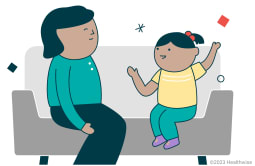
Help your child unwind after school with some quiet time. Set aside some time to talk about the day. Avoid having too many after-school plans.
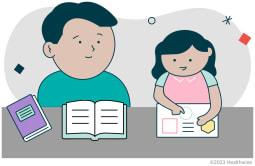
Have books and games at home. Let your child see you playing, learning, and reading. Be involved in your child's school.

Forming healthy eating habits
- Offer fruits and vegetables at meals and snacks.
- Give your child foods they like, as well as new foods to try.
- Let your child choose how much they eat. If they aren't hungry, it's okay for them to wait.
- Offer water when your child is thirsty. Avoid juice and soda pop.
- Remove screens when eating. Make meals a time for family to connect.
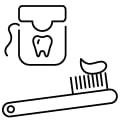
Practicing healthy habits
- Help your child brush their teeth twice a day and floss once a day.
- Limit screen time to 2 hours or less a day.
- Put sunscreen (SPF 30 or higher) on your child before going outside.
- Do not let anyone smoke around your child.
- Put your child to bed at about the same time every night.
- Teach your child to wash their hands after using the bathroom and before eating.
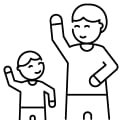
Staying active as a family
- Encourage your child to be active and play for at least 1 hour each day.
- Be active as a family. Visit the park. Go for walks and bike rides, if you can.
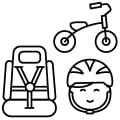
Keeping your child safe
- Always use a car seat or booster seat. Install it in the back seat.
- Make sure your child wears a helmet if they ride a bike or scooter.
- Watch your child around water, play equipment, stairs, and busy roads.
- Keep guns away from children. If you have guns, lock them up unloaded. Lock up ammunition separately.
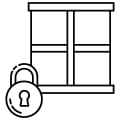
Making your home safe
- Put locks or guards on all windows above the first floor.
- Check smoke detectors once a month. Have a fire escape plan.
- Save the number for Poison Control (1-800-222-1222).
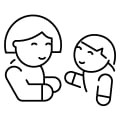
Parenting your child
- Read and play games with your child every day.
- Give your child simple chores to do.
- Praise good behavior. Do not yell or spank. Your child learns from watching and listening to you.
- Don't use food as a reward or punishment.
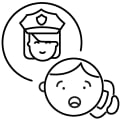
Teaching your child how to be safe
- Help your child learn your home address, your phone number, and how to call 911.
- Tell your child not to let anyone touch their private parts.
- Teach your child not to take anything from strangers and not to go with people they don't know.

Helping your child in school
- Help your child get organized at night instead of in the morning.
- Set a time each day for homework.
- Give your child a desk or table to put schoolwork on.
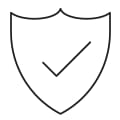
Getting vaccines
- Make sure your child gets all the recommended vaccines.
Follow-up care is a key part of your child's treatment and safety. Be sure to make and go to all appointments, and call your doctor if your child is having problems. It's also a good idea to know your child's test results and keep a list of the medicines your child takes.
Where can you learn more?
Go to http://www.healthwise.net/patientEd
Enter Q661 in the search box to learn more about "Child's Well Visit, 6 Years: Care Instructions".
Current as of: October 24, 2024
Author: Ignite Healthwise, LLC Staff
Clinical Review Board
All Ignite Healthwise, LLC education is reviewed by a team that includes physicians, nurses, advanced practitioners, registered dieticians, and other healthcare professionals.

